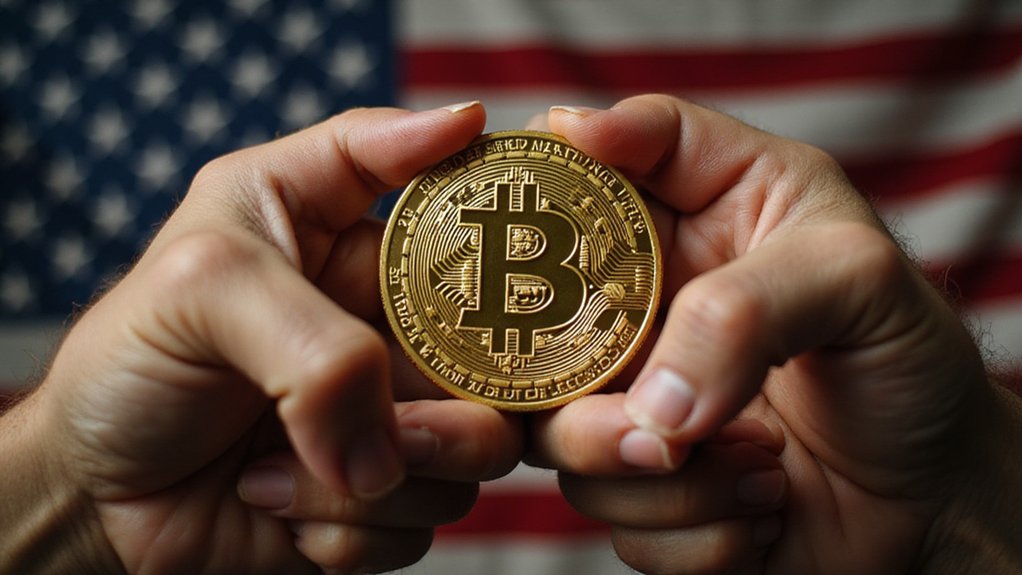While traditional financial institutions have spent decades perfecting the art of moving money slowly and expensively across borders, Circle Internet Financial has taken the rather audacious approach of suggesting that perhaps—just perhaps—global value transfer shouldn’t require the bureaucratic equivalent of a root canal. Founded in 2013 by Jeremy Allaire and Sean Neville, this Boston-based company has positioned itself as the antithesis to legacy banking’s charming inefficiencies.
Circle’s flagship creation, USD Coin (USDC), emerged in 2018 as a stablecoin backed 1:1 with the US dollar—a revolutionary concept that money might actually maintain its value while moving at digital speeds. The company’s mission to “raise global economic prosperity through frictionless value exchange” sounds almost quaint in an industry where friction has traditionally been the primary revenue model.
Recent regulatory developments have provided USDC with legitimacy that would make traditional banks weep into their compliance manuals. The CFTC’s approval of USDC as collateral for futures trading, combined with legislation like the GENIUS Act, has transformed what skeptics once dismissed as “internet funny money” into institutional-grade financial infrastructure.
USDC’s market share in stablecoin transactions climbed from 22% to 24.28% in Q2 2025, while Circle’s stock surged over 500% since its IPO—performance that might prompt some soul-searching among traditional financial executives. The platform’s reach has expanded dramatically, with USDC now supported across 500 million end-user wallet products globally. USDC’s circulation has demonstrated remarkable momentum with growth increasing over 78% year-over-year, outpacing traditional financial products in adoption and market penetration.
The company’s Cross-Chain Transfer Protocol and programmable wallets represent infrastructure that treats global finance as it should be: borderless, efficient, and invigoratingly uncomplicated. Circle’s expanding banking network provides wholesale access to USDC across major financial centers, creating the rather novel proposition that moving money internationally shouldn’t require multiple intermediaries extracting fees like medieval toll collectors. The company went public in 2021 following its acquisition by Concord Acquisition Corp. for $4.5 billion, now trading under the ticker CRCL.
Circle’s integration with traditional banking partners, including Signature Bank, demonstrates how blockchain technology can complement rather than obliterate existing financial systems. As regulatory frameworks solidify and technological barriers dissolve, Circle’s approach suggests that the future of finance might involve fewer forms, shorter settlement times, and—most shocking of all—transparent fee structures.
The company’s Euro Coin (EURC) further extends this philosophy across currency boundaries, challenging the notion that cross-border transactions must remain perpetually complex.









